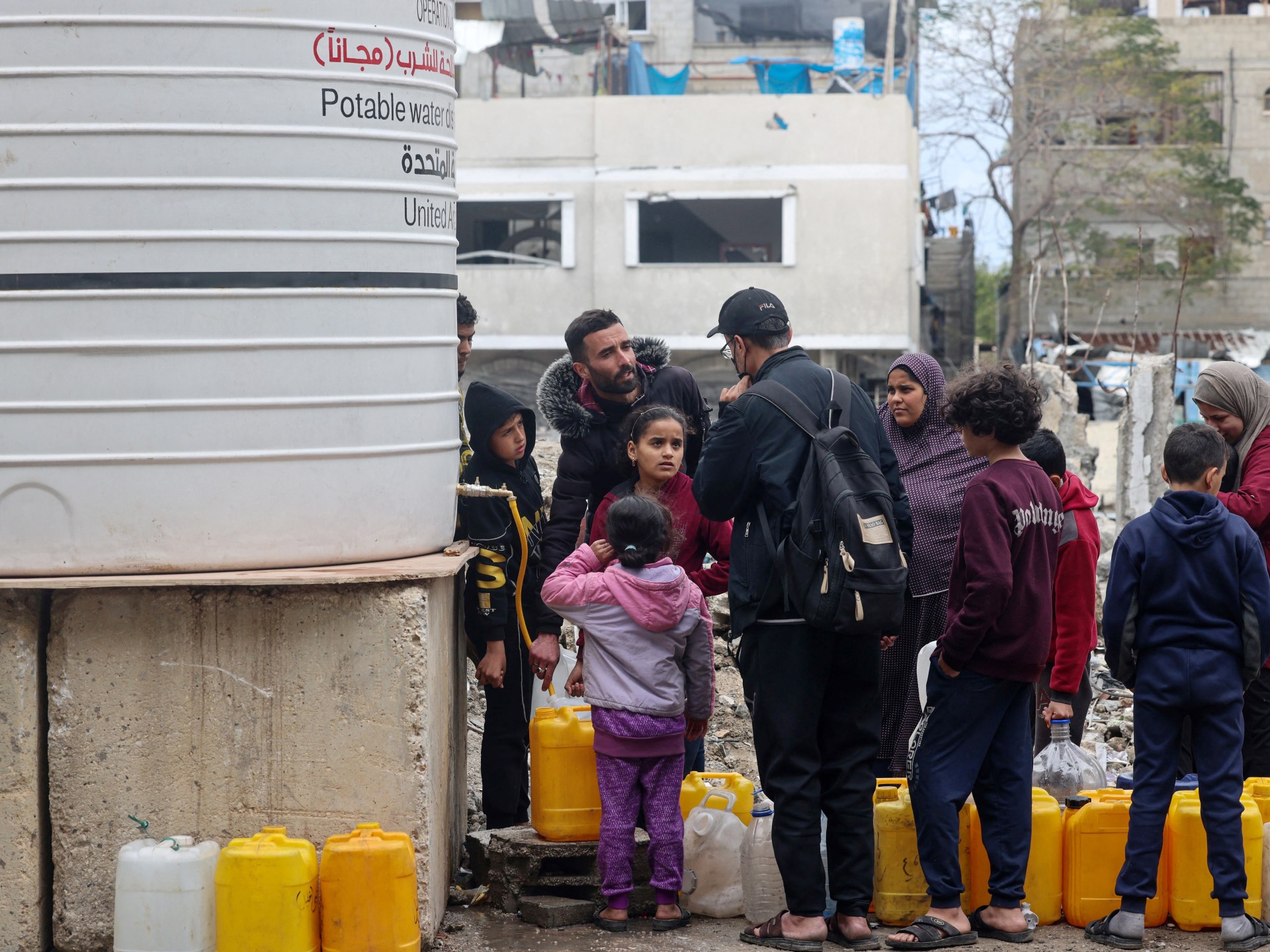Addressing the Scandal of Invisibility in Asia & the Pacific — Global Issues
BANGKOK, Thailand, Jun 20 (IPS) – Each year, the births of 64 million children under the age of five and deaths of 8.4 million people are invisible to governments in Asia and the Pacific. Most countries in the region are yet to achieve universal civil registration, leaving many people without a legal identity and, as a result, invisible to the State.
These people often face challenges in accessing basic services, such as education and healthcare, in securing employment and social benefits, and in protecting their human rights. In addition, deficient civil registration and vital statistics (CRVS) systems lead to significant gaps and lags in up-to-date population and health data, crucial for designing and monitoring effective public policies and allocating resources.
Recognizing its importance, countries reached agreement on the Asia Pacific CRVS Decade in 2014 and set out a vision to achieve universal civil registration in the region by 2024. An applied CRVS research agenda was launched to help meet this this challenge.
Applied research on CRVS helps to generate and disseminate evidence on what strategies work, and what doesn’t, as well as how governments and partners can improve systems to better deliver on commitments to get everyone in the picture.
By documenting experiences in communities, countries and regions, the potential benefits of successful interventions and innovations can be replicated and possible shortcomings addressed.
Given the importance of applied research for improving CRVS, ESCAP organised the first ever Asia-Pacific CRVS Research Forum on 3-4 April 2023. With more than 30 speakers representing 15 countries, 24 research papers and almost 400 registered participants, the forum revealed many interesting facets of CRVS while opening eyes to the multitude of initiatives to ensure better and more inclusive systems across the region.
Many presentations emphasized how different initiatives are making real-life impacts on individuals and communities. There was a clear emphasis on community engagement, equity and ‘reaching the hardest to reach’, such as integrating gender-equity in CRVS legal reviews, addressing barriers to civil registration for hard-to-reach populations in Pakistan and gender disparities in premature mortality in the Philippines.
On-the-ground innovations were on display: a first-of-its-kind CRVS survey in Nepal that worked with both service providers and communities to understand barriers and enablers to registration; evidence from Fiji on the clear effectiveness of incentives on birth registration completeness; and the development of customized mortality audit and inquest systems in Thailand and Sri Lanka to improve the quality of cause of death data.
Much more work is needed to drive CRVS systems forward in the face of increasing challenges, with research playing a key role. In particular, the forum identified a stronger focus on building inclusive and resilient CRVS systems, including in conflict and humanitarian settings where there is both an acute need for civil registration along with increased difficulties in providing services.
As countries around the world adjust to competing government priorities during times of economic and social challenges, there is a critical need to maintain momentum on strengthening CRVS systems as the basis for realising human rights and ensuring access to basic social services including health and education.
Further, CRVS systems are essential for generating timely mortality data whose importance for pandemic preparedness and response has been recently emphasized. As demonstrated during the COVID-19 pandemic, research is central to ensure continued innovation and improvement, and to provide opportunities to reflect and learn.
We hope in the future to develop this work further to embed and develop critical applied research capacity within countries and at the implementation level – to ensure we can really get everyone in the picture.
Tanja Sejersen is a Statistician; Nicola Richards is Consultant, ESCAP; Victoria Fan is Senior Fellow, Center for Global Development.
IPS UN Bureau
Follow @IPSNewsUNBureau
Follow IPS News UN Bureau on Instagram
© Inter Press Service (2023) — All Rights ReservedOriginal source: Inter Press Service
Check out our Latest News and Follow us at Facebook
Original Source







